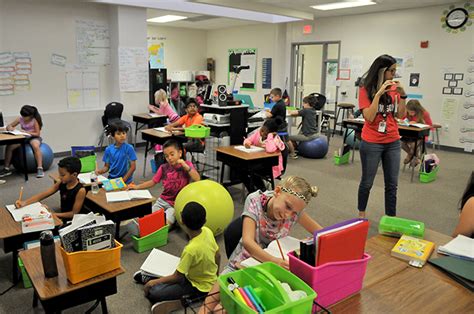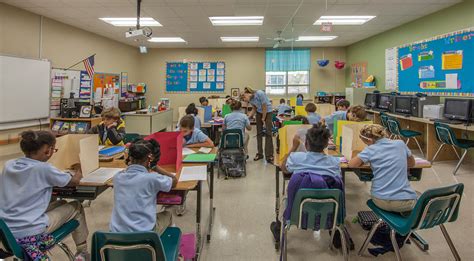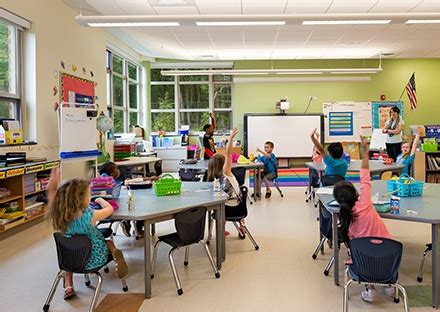Educational travel offers children a unique opportunity to learn beyond the classroom, blending adventure with valuable life lessons. From exploring historical landmarks to discovering natural wonders, travel experiences broaden kids’ horizons, fostering curiosity, critical thinking, and cultural awareness. Whether it’s visiting museums, engaging in hands-on science activities, or exploring different ecosystems, educational trips help reinforce classroom knowledge in real-world settings. This guide highlights the top educational destinations for kids, along with planning tips to ensure a smooth trip. You’ll also find suggestions for incorporating learning into every adventure and tailored travel opportunities by age group, ensuring every child can benefit from these enriching experiences.
domgiz.com invites you to delve into this topic thoroughly.
1. Benefits of Educational Travel for Kids
Educational travel provides numerous benefits for children, helping them grow academically, socially, and emotionally. By immersing kids in new environments and experiences, it encourages hands-on learning that goes beyond textbooks. Visiting historical sites, cultural landmarks, or natural wonders fosters a deeper understanding of subjects like history, geography, and science, making learning more engaging and memorable.
Travel also enhances children’s critical thinking and problem-solving skills as they navigate unfamiliar settings and encounter new challenges. Exposure to different cultures and perspectives promotes empathy, cultural sensitivity, and open-mindedness. Additionally, educational travel boosts confidence and independence, as kids gain new experiences and adapt to different surroundings.
Whether it’s a short trip to a local museum or an international adventure, these experiences offer invaluable life lessons, making education fun and enriching. Educational travel strengthens family bonds as parents and children explore the world together, creating lasting memories while supporting their children’s growth and development.

2. Top Educational Destinations
When it comes to educational travel, choosing the right destination can greatly enhance a child’s learning experience. Some top educational destinations offer immersive opportunities in history, science, culture, and the natural world.
For history lovers, places like Washington D.C. provide a wealth of museums and national monuments, where kids can learn about American history and government. Sites like the Smithsonian Museums or the Lincoln Memorial spark curiosity about historical events and figures. Similarly, a trip to Athens, Greece, or Rome, Italy, allows children to explore ancient civilizations and architecture firsthand.
For nature and science enthusiasts, destinations like the Galápagos Islands or Yellowstone National Park offer incredible biodiversity and geological wonders. These trips allow children to observe wildlife, ecosystems, and natural phenomena up close, sparking a love for science and the environment.
Cultural hubs such as Tokyo, Japan, or Paris, France, introduce kids to diverse languages, customs, and artistic expressions, broadening their understanding of the world. Visiting these cities offers valuable insights into global cultures and traditions.
Additionally, destinations like Cape Canaveral in Florida, with its Kennedy Space Center, inspire future scientists and astronauts, offering hands-on exhibits and space exploration programs. Each of these destinations provides unforgettable learning experiences that enrich children’s education and encourage lifelong curiosity.

3. Planning Tips for Educational Trips
Planning an educational trip for kids requires a balance between learning and fun to ensure an enriching and enjoyable experience. Start by involving your child in the planning process—discuss destinations, activities, and what they want to learn. This fosters excitement and helps tailor the trip to their interests.
Research is key. Look for kid-friendly museums, interactive exhibits, and educational programs available at your destination. Many attractions offer special tours or workshops designed specifically for children, so take advantage of these resources.
When creating an itinerary, avoid packing too much into each day. Allow time for exploration and downtime to prevent burnout. Mixing educational activities with leisure and outdoor experiences keeps the trip engaging and enjoyable for kids.
Packing for an educational trip also requires some thought. Bring along notebooks, sketchpads, or a camera for kids to document their experiences, helping them retain what they’ve learned. Consider downloading educational apps or travel guides that can further enhance the learning aspect.
Finally, budget carefully. Educational trips don’t have to be expensive—local museums, historical sites, and nature reserves offer affordable yet enriching experiences. With careful planning, an educational trip can be a fun, memorable, and valuable learning adventure for your child.

4. Incorporating Learning into Travel
Incorporating learning into travel doesn’t have to feel like schoolwork; it can be a seamless part of the adventure. One way to encourage learning is through storytelling. Share historical facts, legends, or interesting tidbits about the destination before arriving. This piques your child’s interest and gives context to the places they will visit.
Engage kids with hands-on activities that turn travel into an interactive learning experience. Whether it’s collecting leaves and identifying plants during a nature hike or creating a travel journal where they document their thoughts and sketches, these activities make learning fun. Encourage them to ask questions, make observations, and compare what they see to things they’ve learned in school.
While visiting museums or historical landmarks, take advantage of guided tours or audio guides designed for children. These often provide more engaging and simplified information tailored to a younger audience.
Additionally, encourage kids to interact with locals, learn basic phrases in the local language, or try cultural traditions like cooking or crafting. These experiences foster cultural appreciation and global awareness.
By weaving learning into everyday moments during travel, kids can gain new knowledge and skills naturally, making the experience both educational and enjoyable.
5. Travel Opportunities by Age Group
Educational travel opportunities can be tailored to different age groups, ensuring the experience is both age-appropriate and enriching. For younger children, ages 4-7, hands-on experiences like visiting children’s museums, zoos, or aquariums provide the perfect blend of fun and learning. Interactive exhibits, animal encounters, and nature walks can stimulate curiosity and introduce foundational concepts in science and the natural world.
For children ages 8-12, trips that combine adventure with education are ideal. Visits to national parks, historical landmarks, and science centers allow kids to deepen their understanding of subjects like history, geography, and biology. At this age, activities like guided hikes, junior ranger programs, or archaeological digs help make learning more engaging and memorable.
Teens, ages 13 and up, benefit from more immersive and independent travel opportunities. International trips to cultural hubs like Tokyo, Paris, or Athens offer teens the chance to explore global history, art, and customs. Programs such as study abroad, language immersion, or service learning trips provide hands-on learning experiences and promote personal growth.
Each age group benefits from educational travel in different ways, and by selecting the right destinations and activities, you can ensure your child’s experience is meaningful and developmentally appropriate.
Educational travel offers children a unique opportunity to learn through exploration, enhancing their academic and personal growth. By choosing the right destinations and planning thoughtfully, parents can create enriching experiences that foster curiosity and a love for learning. Whether local or international, these trips can leave a lasting impact, making education both fun and memorable.
domgiz.com

